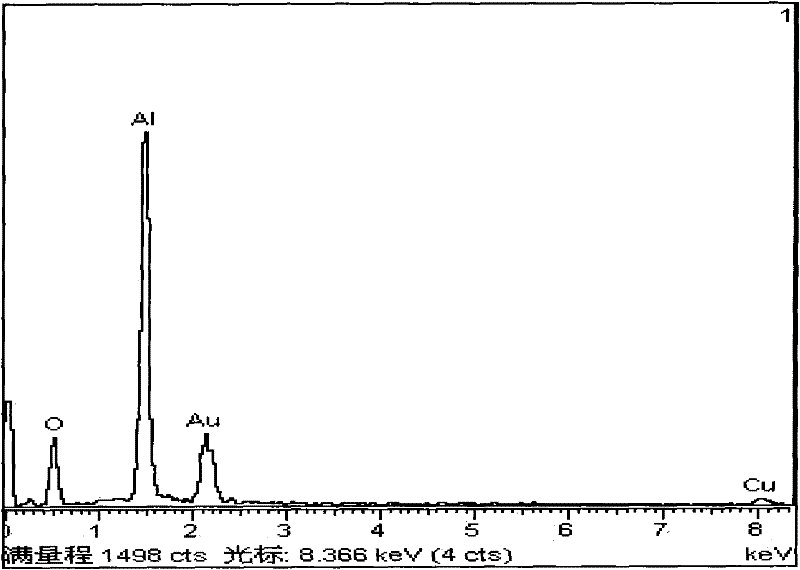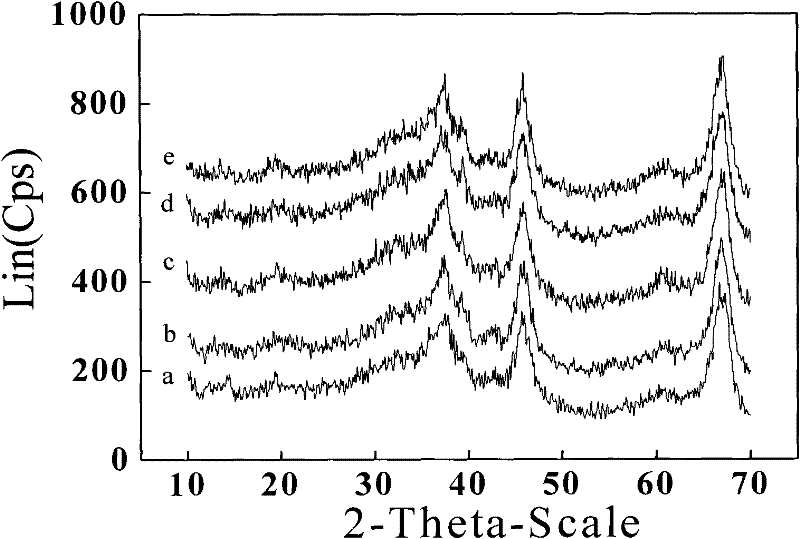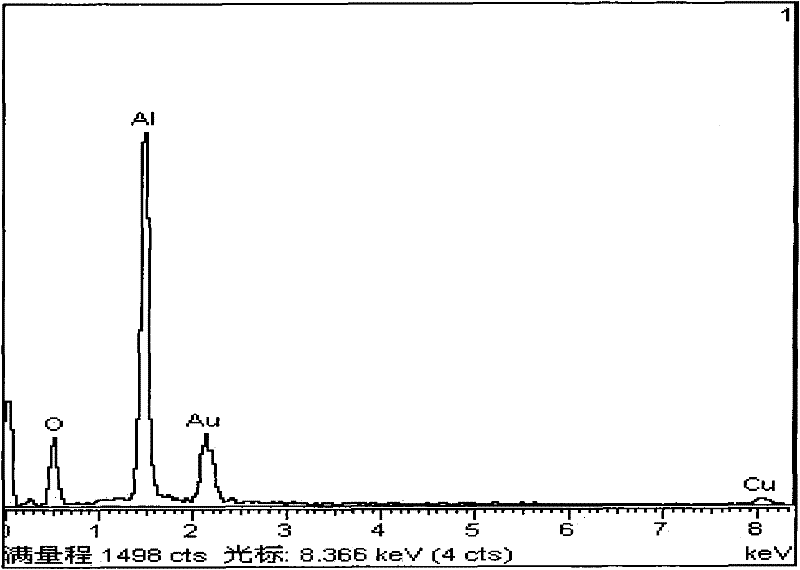Method for preprocessing neopentyl glycol industrial wastewater by catalytic oxidation
A technology for the production of neopentyl glycol and wastewater, applied in the direction of oxidized water/sewage treatment, chemical instruments and methods, molecular sieve catalysts, etc., to achieve the effects of reducing organic loads, low cost, and broad prospects for engineering applications
- Summary
- Abstract
- Description
- Claims
- Application Information
AI Technical Summary
Problems solved by technology
Method used
Image
Examples
Embodiment 1
[0021] Take 2.0 grams of copper nitrate to make a copper nitrate solution with a mass fraction of 2.0%; then weigh 20.0 grams of γ-Al 2 o 3 Added to 2.0% copper nitrate solution, the catalyst active component, that is, copper nitrate, was evenly distributed in the γ-Al by equal volume impregnation method. 2 o 3 The catalyst was impregnated for 2 hours, dried at a constant temperature of 100°C for 8 hours, and calcined at 300°C for 3 hours.
Embodiment 2
[0023] Take 1.0 gram of ferric nitrate and make it into a 1.0% ferric nitrate solution; then weigh 20.0 grams of γ-Al 2 o 3 Added to 1.0% ferric nitrate solution, the active component of the catalyst, namely copper nitrate, was evenly distributed in the γ-Al 2 o 3 The catalyst was soaked for 1 hour, then dried at 80°C for 9 hours, and calcined at 200°C for 4 hours.
Embodiment 3
[0025] Take 6.0 grams of copper nitrate to make a copper nitrate solution with a mass fraction of 6.0%; then weigh 20.0 grams of γ-Al 2 o 3 Added to 6.0% copper nitrate solution, the catalyst active component, that is, copper nitrate, was evenly distributed in the γ-Al 2 o 3 The catalyst was impregnated for 2 hours, dried at a constant temperature of 100°C for 8 hours, and calcined at 300°C for 3 hours.
PUM
 Login to View More
Login to View More Abstract
Description
Claims
Application Information
 Login to View More
Login to View More - R&D Engineer
- R&D Manager
- IP Professional
- Industry Leading Data Capabilities
- Powerful AI technology
- Patent DNA Extraction
Browse by: Latest US Patents, China's latest patents, Technical Efficacy Thesaurus, Application Domain, Technology Topic, Popular Technical Reports.
© 2024 PatSnap. All rights reserved.Legal|Privacy policy|Modern Slavery Act Transparency Statement|Sitemap|About US| Contact US: help@patsnap.com










